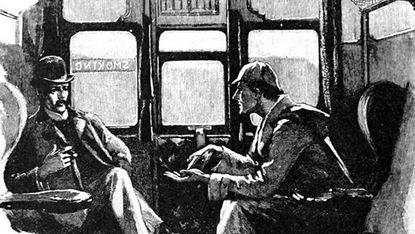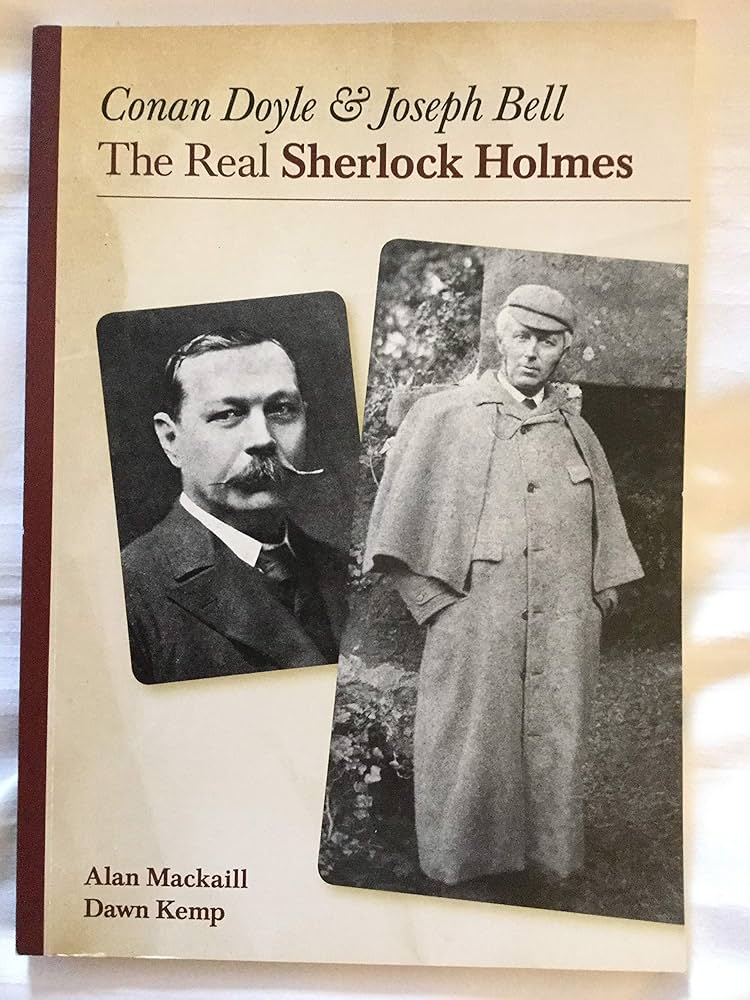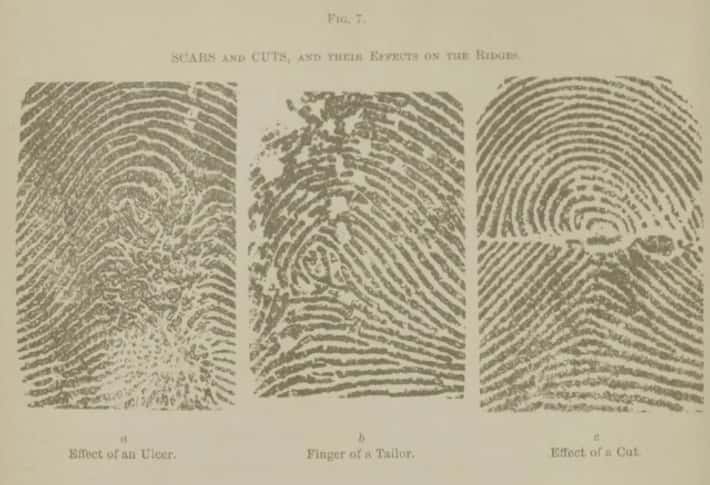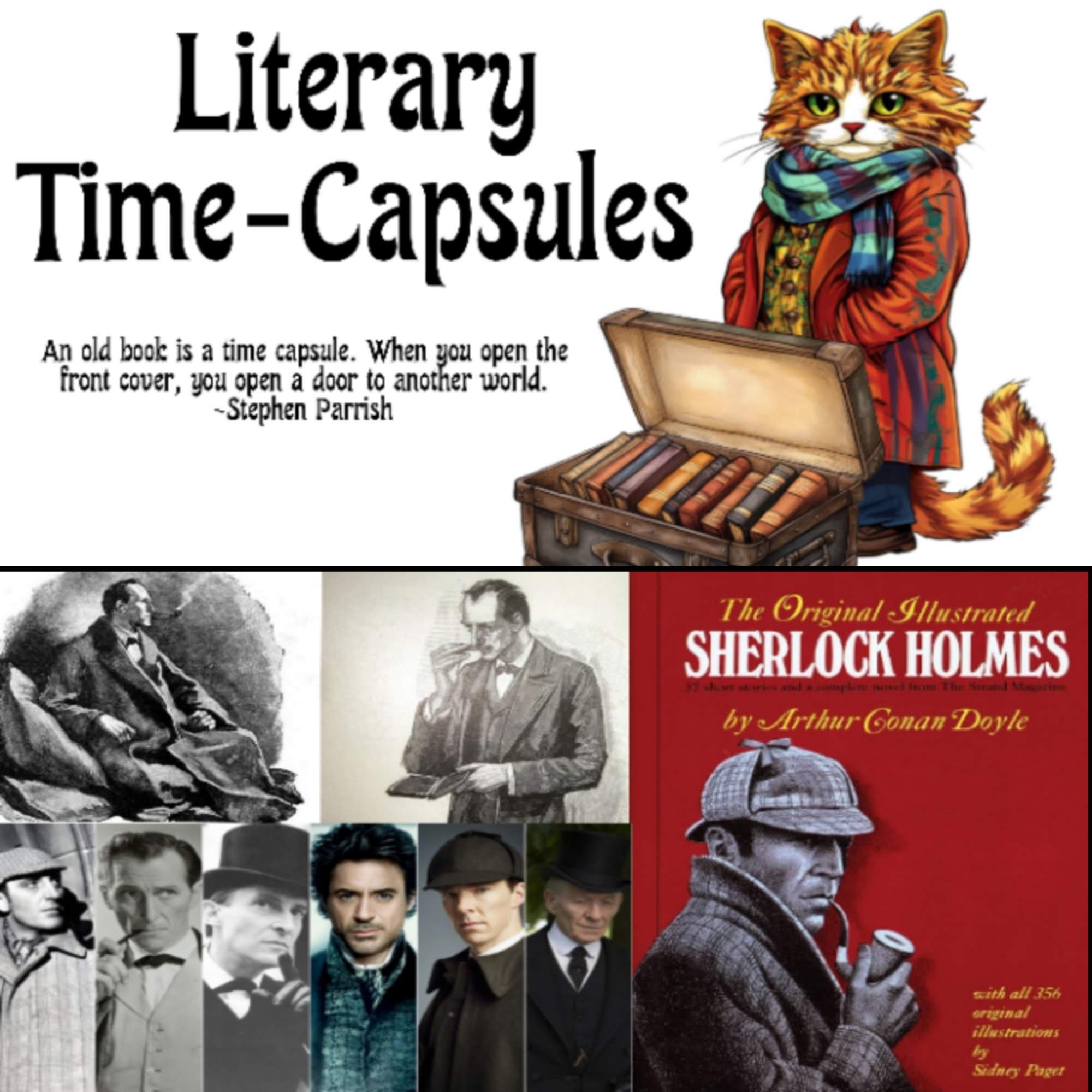Introduction to Sherlock Holmes
Arthur Conan Doyle introduced the world to Sherlock Holmes in “A Study in Scarlet,” published in 1887. Holmes, a consulting detective residing at 221B Baker Street, quickly became a cultural phenomenon. His character is known for remarkable powers of observation, logical reasoning, and forensic science skills, which he uses to solve a wide array of mysteries. Accompanied by his friend and biographer, Dr. John Watson, Holmes’ adventures captivated readers with their intricate plots and intellectual challenges. Doyle’s creation not only cemented the foundation for the detective genre. It established a character whose influence extends beyond literature into popular culture. As a result, Holmes remains a significant figure in various forms of media.

Inspirations Behind Sherlock Holmes
Arthur Conan Doyle drew from a variety of influences when crafting the character of Sherlock Holmes. He blended real-life inspirations with literary traditions to create the iconic detective we know today.
Dr. Joseph Bell: The Real-Life Inspiration
One of the most significant influences on Sherlock Holmes was Dr. Joseph Bell, a professor of medicine at the University of Edinburgh, where Doyle studied. Dr. Bell was renowned for his keen powers of observation and diagnostic acumen. He often astounded his students by deducing details about patients’ lives and ailments with remarkable accuracy. Doyle worked as Bell’s clerk and was deeply impressed by his methodical approach, which laid the foundation for Holmes’ character. Bell’s emphasis on observation and deduction became central to Holmes’ investigative techniques.

Edgar Allan Poe’s Detective Stories
Doyle was also inspired by the detective stories of Edgar Allan Poe, particularly those featuring C. Auguste Dupin, a character known for his analytical prowess. Poe’s stories, such as The Murders in the Rue Morgue, established many conventions of the detective genre, including the use of a brilliant detective and a loyal companion. Doyle admired Poe’s work and sought to expand upon these foundational elements, creating a detective with even sharper skills and a more defined personality in Holmes.
The Influence of Scientific Advances
The late 19th century was a period of significant scientific advancement. Doyle, with his medical background, was well-versed in the latest developments. This scientific environment influenced Holmes’ character, who often employed forensic science, chemistry, and logical reasoning to solve cases. Holmes’ use of techniques like fingerprint analysis and ballistics was ahead of its time, reflecting Doyle’s interest in bringing a scientific approach to detective fiction.

Literary Traditions and Archetypes
Doyle also drew from existing literary traditions, incorporating elements of the “gentleman detective” archetype popularized in earlier works. Holmes embodies the traits of a gentleman—intellectual, cultured, and somewhat aloof—while also breaking the mold with his eccentricities and intense focus on his work. This combination made Holmes a unique and compelling character who stood out in the literary landscape.
Personal Experiences and Observations
Doyle’s own experiences as a physician and his encounters with various personalities likely contributed to the development of Holmes’ character. His observations of human behavior, both in his professional life and through his literary pursuits, informed the nuanced portrayal of Holmes’ interactions with clients, suspects, and allies.
Themes
The Sherlock Holmes series consists of four novels and 56 short stories, each showcasing Holmes’ ability to unravel complex cases. Key themes include:
–The Triumph of Logic: Holmes exemplifies the power of rational thought and deduction, often uncovering truths hidden beneath layers of deception.
–Justice and Morality: Many stories explore the moral dilemmas faced by Holmes and the nature of justice. It often brings into question the line between legal and ethical actions.
–Human Behavior: Doyle delves into the psychology of crime, examining motives and the darker sides of human nature. Each story is a testament to Holmes’ intellectual prowess, with cases ranging from theft and murder to espionage and international intrigue.
Innovative Elements
Doyle’s portrayal of Holmes was revolutionary for its time. The character’s reliance on scientific methods and logical deduction set a new standard for detective fiction. Holmes’ use of forensic techniques, such as fingerprint analysis and ballistics, was ahead of its time. Indeed, it contributed to the development of modern investigative practices. Additionally, Holmes’ complex personality—marked by his eccentricities, aloof demeanor, and occasional bouts of melancholy—added depth to the character, making him relatable and intriguing to readers.
Influence on Modern Works
Sherlock Holmes’ impact on literature and media is profound and enduring:
–Detective Fiction: Holmes’ methodical approach to crime-solving influenced a generation of detective characters. These include Agatha Christie’s Hercule Poirot and Dorothy L. Sayers’ Lord Peter Wimsey. These characters share Holmes’ emphasis on logic and deduction, continuing his legacy in the genre.
–Television and Film: Holmes has been adapted into numerous films and TV series, each offering a unique interpretation of the character. BBC’s Sherlock brought Holmes into the 21st century, blending Doyle’s original stories with modern technology and societal issues, as did the show Elementary. The Sherlock Holmes films starring Robert Downey Jr. reimagined Holmes as an action hero. Simultaneously, they retained his intellectual brilliance, appealing to both new and long-time fans.

–Literature: Authors like Laurie R. King have expanded Holmes’ universe, introducing new characters and perspectives. King’s Mary Russell series explores Holmes’ life through the eyes of a young detective, adding depth and dimension to the original stories.
Broader Impact on the Genre
Holmes’ archetype has become a staple in storytelling, influencing not only mystery novels but also thrillers, procedurals, and science fiction. Characters who rely on intellect and observation, rather than physical prowess, therefore owe much to Holmes’ legacy. This intellectual hero/anti-hero archetype has inspired characters across various genres. These range from The Mentalist and Psych, to the MCU’s Tony Stark, to Star Trek’s Mr Spock and Data.

Exploring Sherlock Holmes Pastiches
A pastiche is a literary work that imitates the style or character of the original work. They are often seen as a tribute or homage. In the case of Sherlock Holmes, pastiches are stories written by authors other than Arthur Conan Doyle. These narratives, consequently, feature Holmes and his world, expanding the original canon. These works aim to capture the essence of Doyle’s original stories. They maintain the atmosphere, character dynamics, and intricate plots that have made Holmes a beloved figure in literature.
The Appeal of Holmesian Pastiches
Sherlock Holmes pastiches have become a popular way for writers to explore new adventures and mysteries with the iconic detective. They allow authors to:
–Expand the Canon: By writing new stories, authors can delve into unexplored aspects of Holmes’ character and his relationships, offering fresh perspectives and insights.
–Experiment with Style and Setting: Some pastiches place Holmes in different time periods or settings, blending the classic detective’s methods with new challenges and environments.
–Celebrate the Original: Pastiches often pay homage to Doyle’s unique style and storytelling, celebrating the enduring appeal of Holmes and Watson’s adventures.
The Legacy of Holmesian Pastiches
The enduring popularity of Sherlock Holmes pastiches speaks to the character’s timeless appeal and the rich narrative possibilities he offers. These works keep the spirit of Holmes alive, allowing new generations to experience the thrill of his deductions and the charm of his world. Pastiches ensure that Holmes’ legacy continues to grow and evolve. Whether staying true to Victorian London or venturing into new realms, they contribute to the character’s enduring appeal.
Recommended Reads
If you love Sherlock Holmes, here are some recommended reads that complement the Sherlock Holmes literary time capsule. Happy reading!
The Beekeeper’s Apprentice by Laurie R. King
This novel introduces Mary Russell, a young lady who becomes Sherlock Holmes’ apprentice and partner. It offers a fresh perspective on the classic character. Read my review!
The House of Silk by Anthony Horowitz
Authorized by the Conan Doyle estate, this new Sherlock Holmes mystery captures the spirit and style of the original stories, with a modern twist.
A Study in Charlotte by Brittany Cavallaro
A contemporary YA novel that reimagines Holmes and Watson as teenage descendants solving mysteries at a boarding school.
The No. 1 Ladies’ Detective Agency by Alexander McCall Smith
Although not directly related to Holmes, this series features Precious Ramotswe, Botswana’s first female detective. Her logical approach and keen observation skills, in particular, echo Holmes’ methods.
The Sweetness at the Bottom of the Pie by Alan Bradley
This series features an 11-year-old amateur sleuth, Flavia de Luce. It blends mystery, chemistry, and a touch of whimsy in a style that pays homage to classic detective tales.
The Daughter of Sherlock Holmes by Leonard Goldberg
This novel imagines the daughter of Holmes and Irene Adler solving mysteries in early 20th-century London. It blends family legacy with detective intrigue.
Sherlock Holmes and the Servants of Hell by Paul Kane
A unique crossover that places Holmes in a horror setting, exploring how the detective’s skills fare against supernatural challenges.
How have adaptations of Holmes’ stories changed your perception of the original tales, and which adaptation is your favorite? Share your thoughts below!


